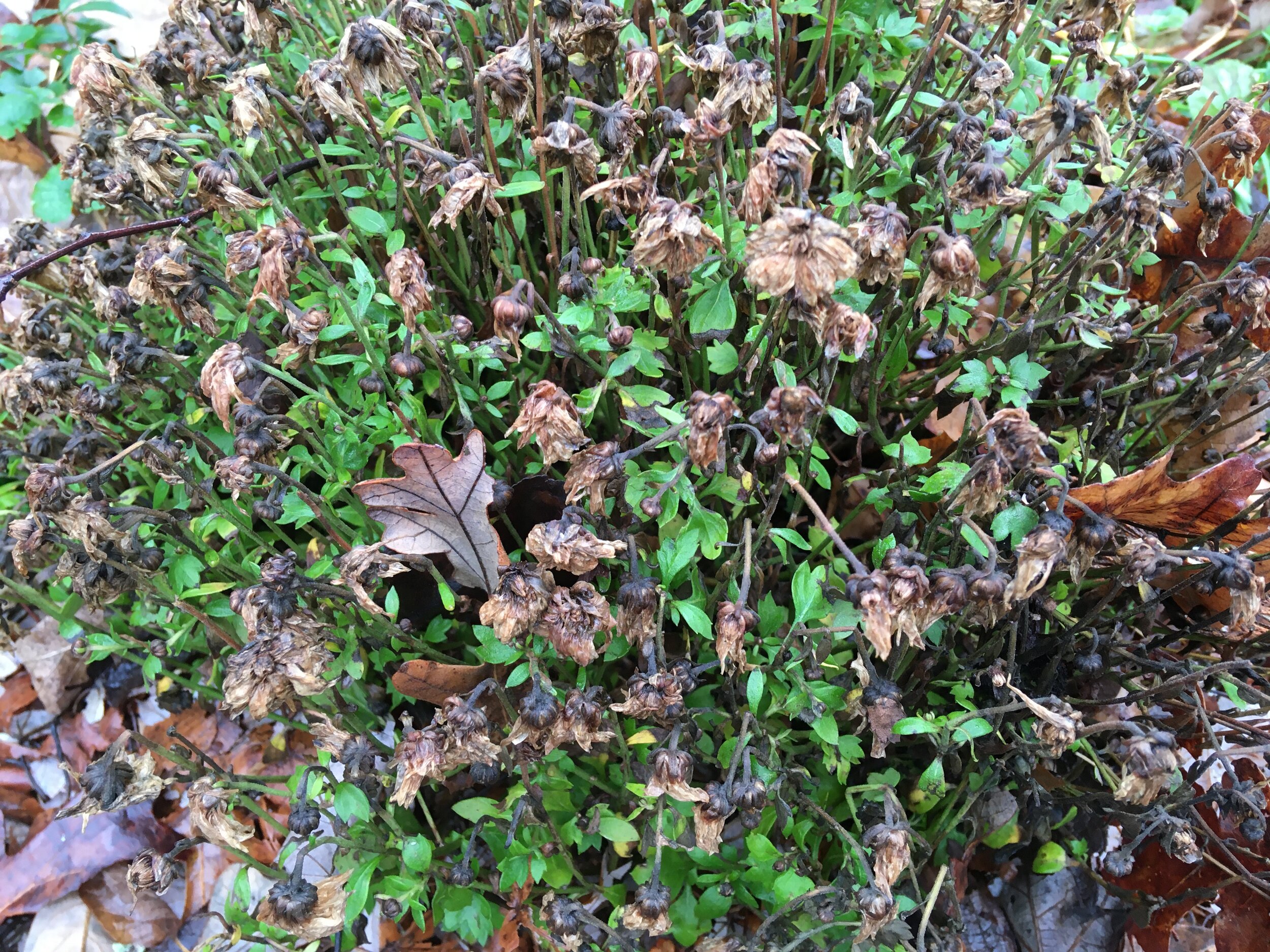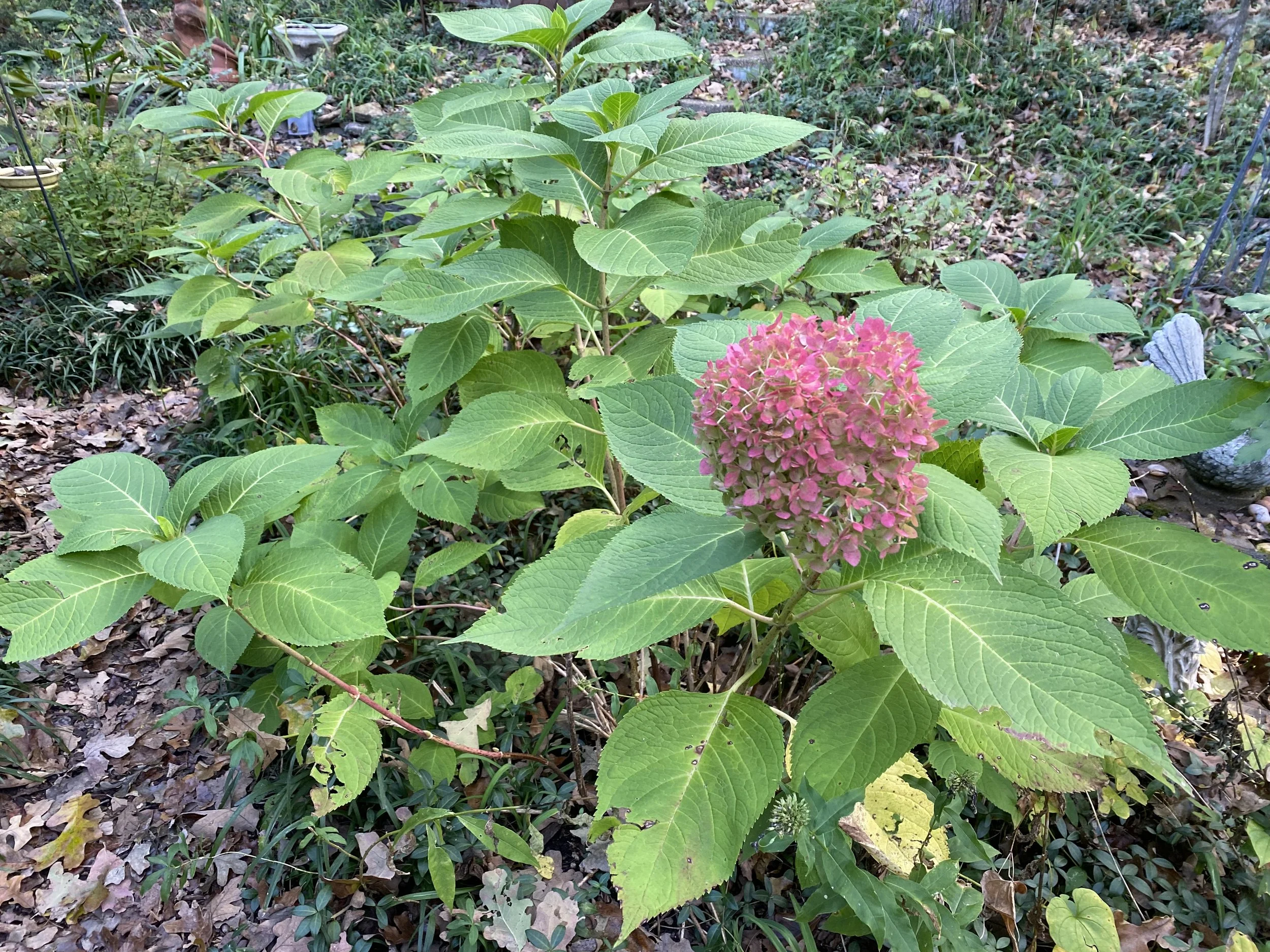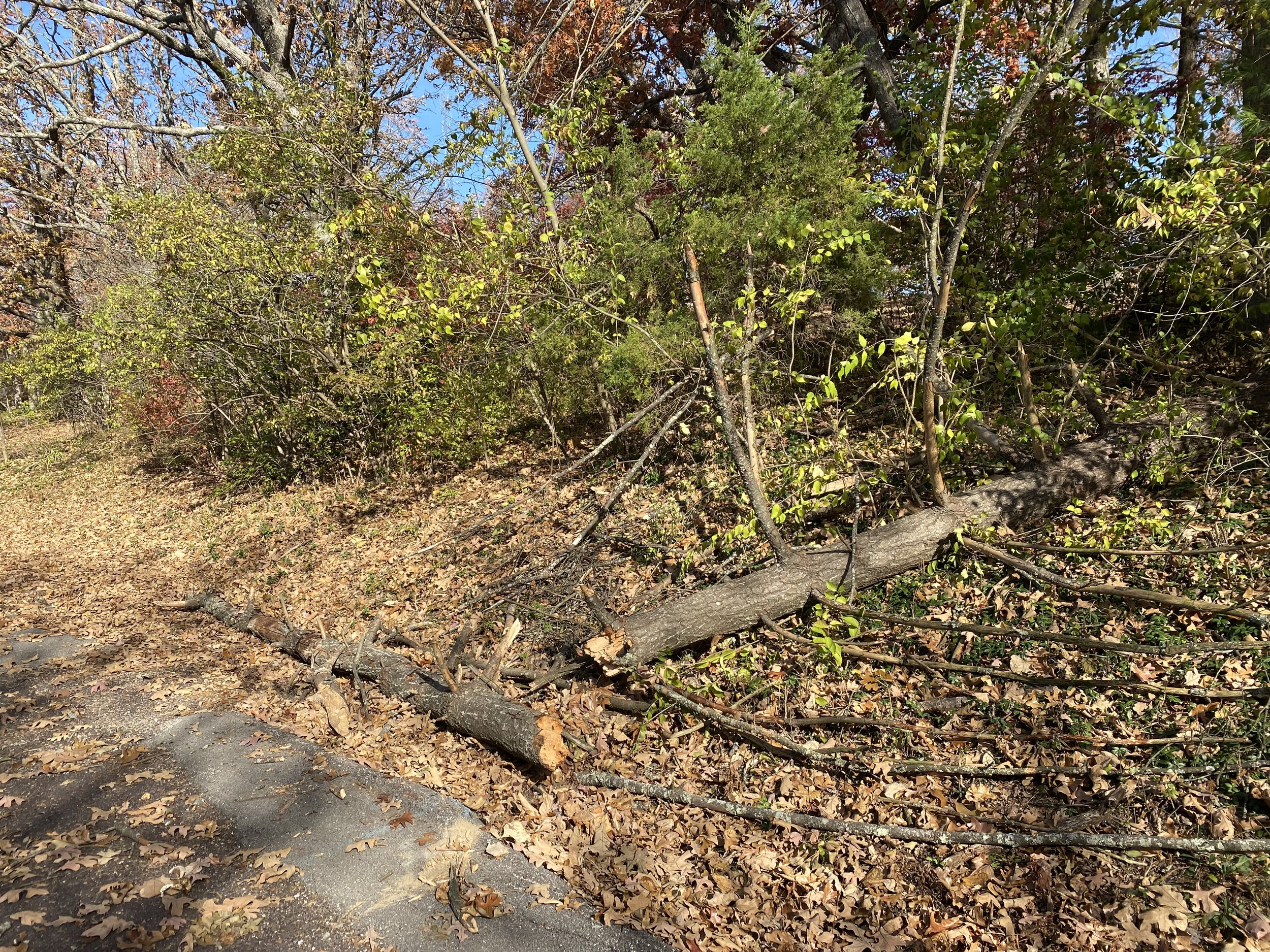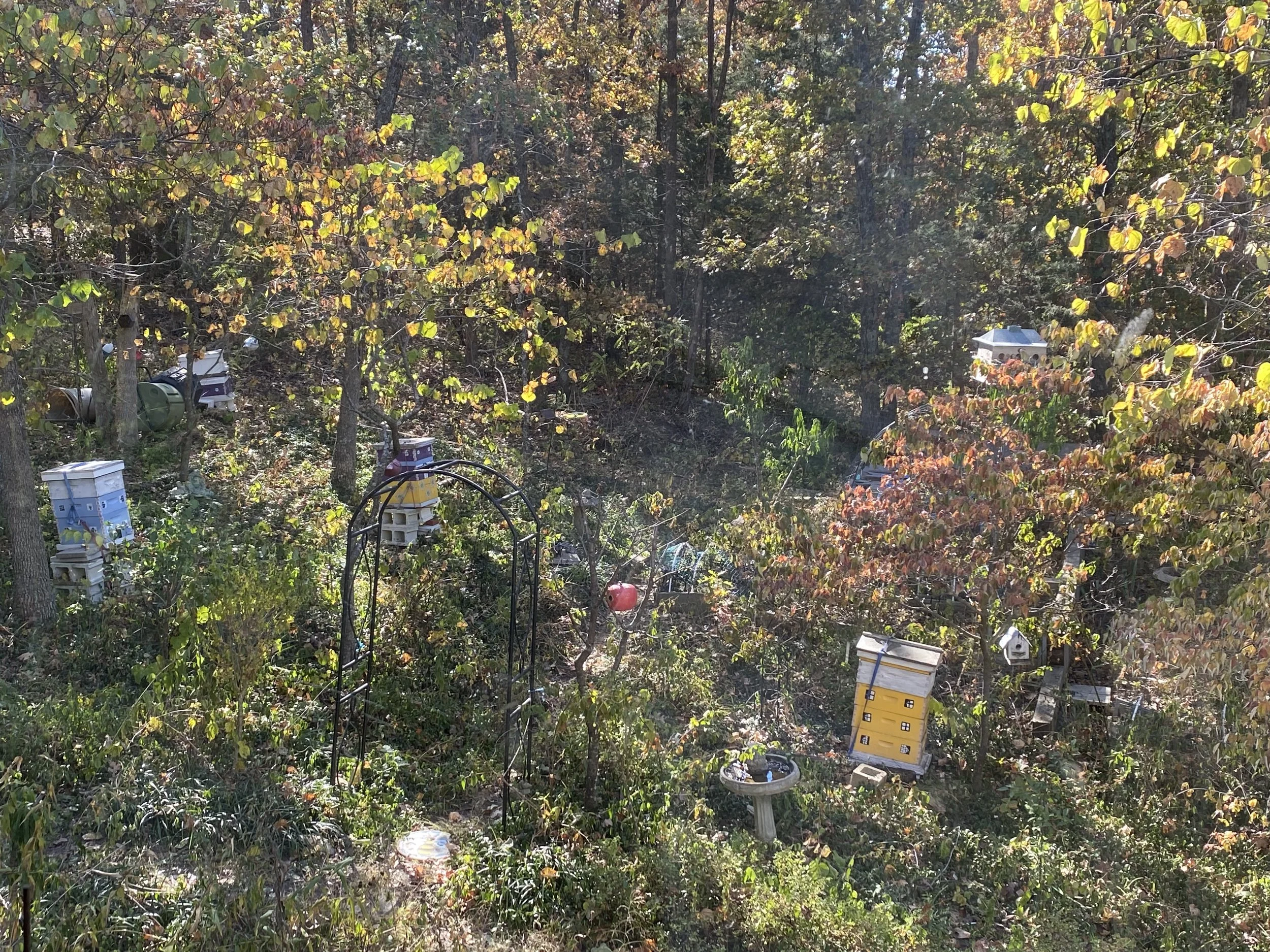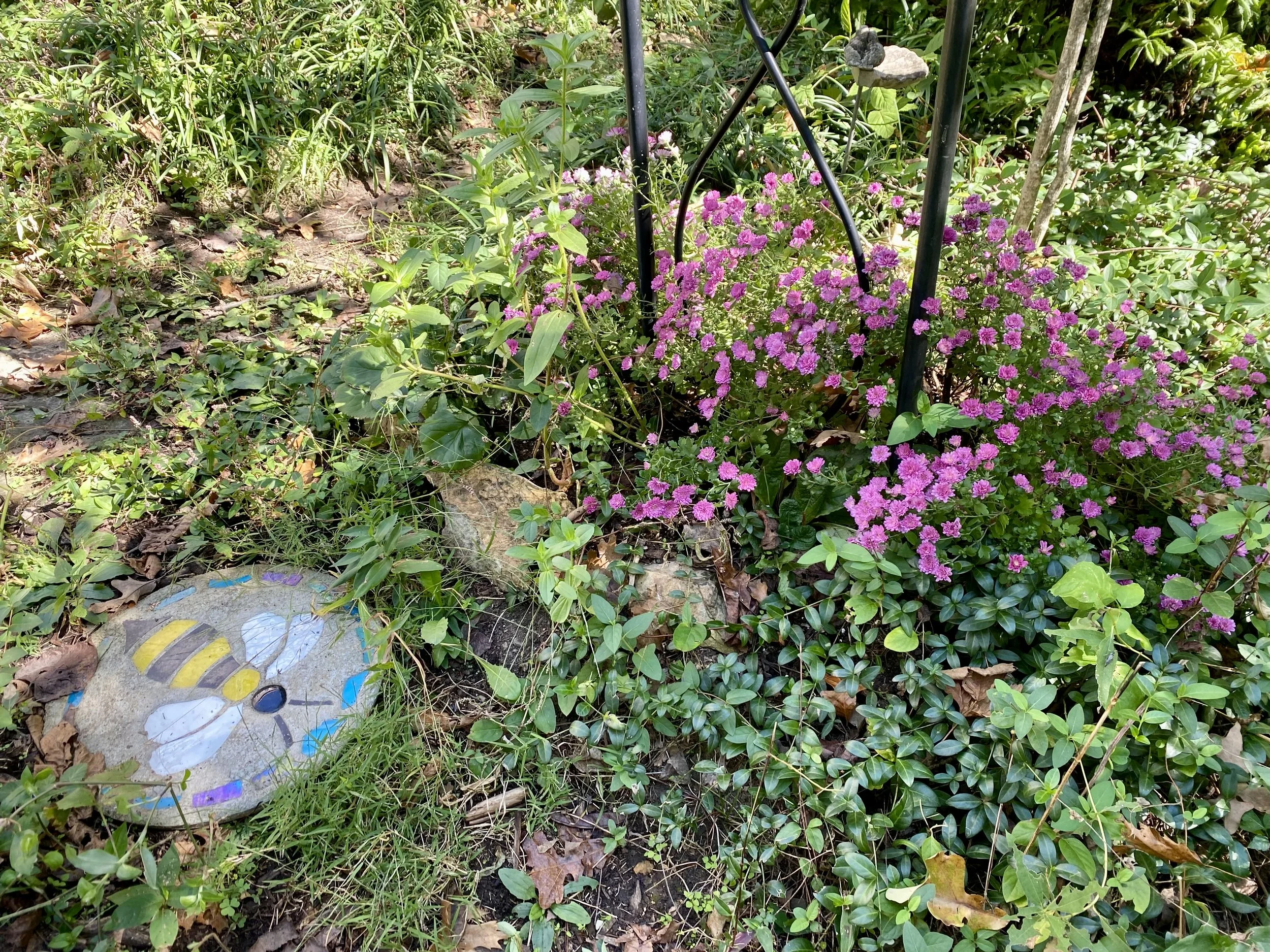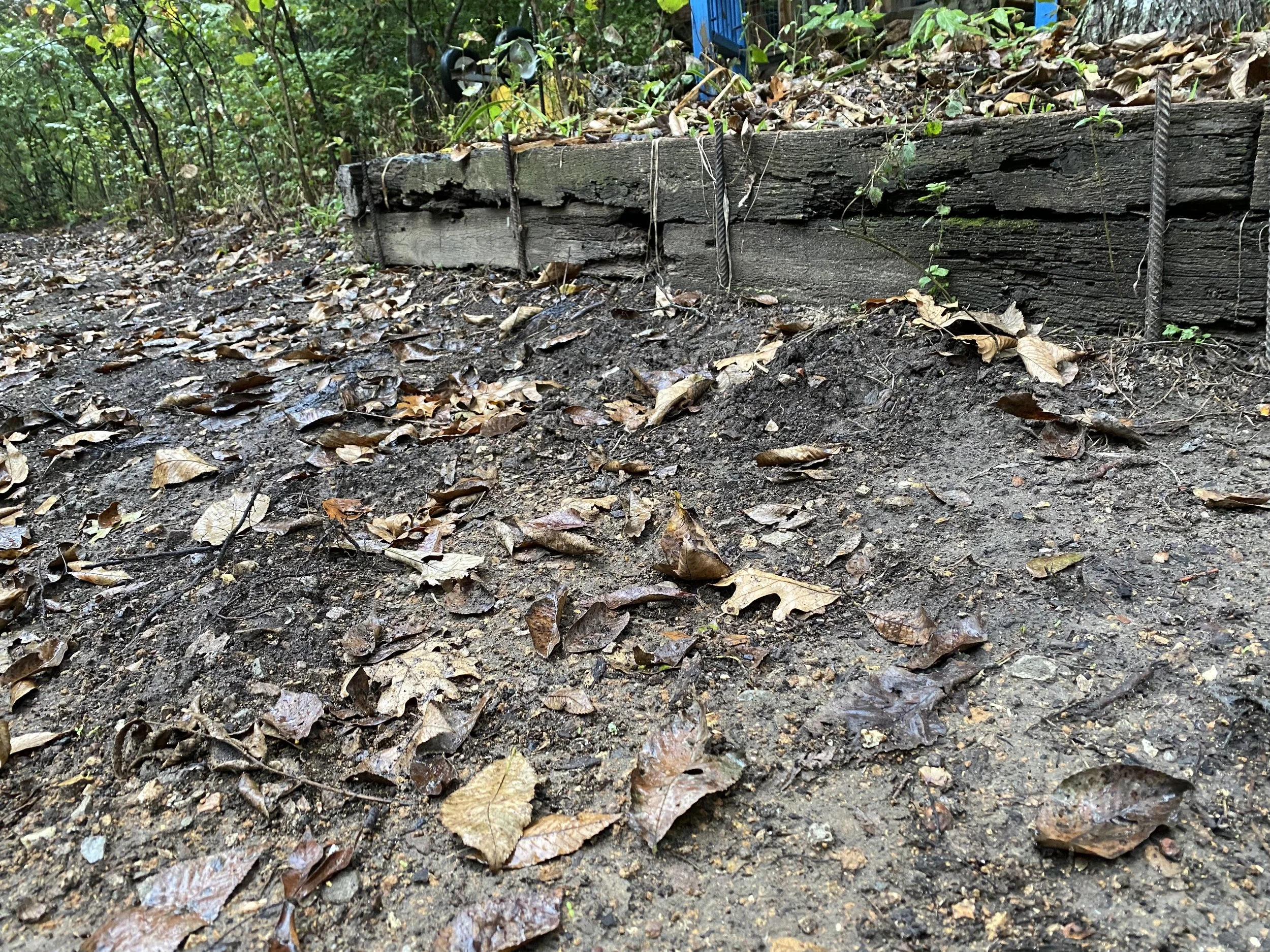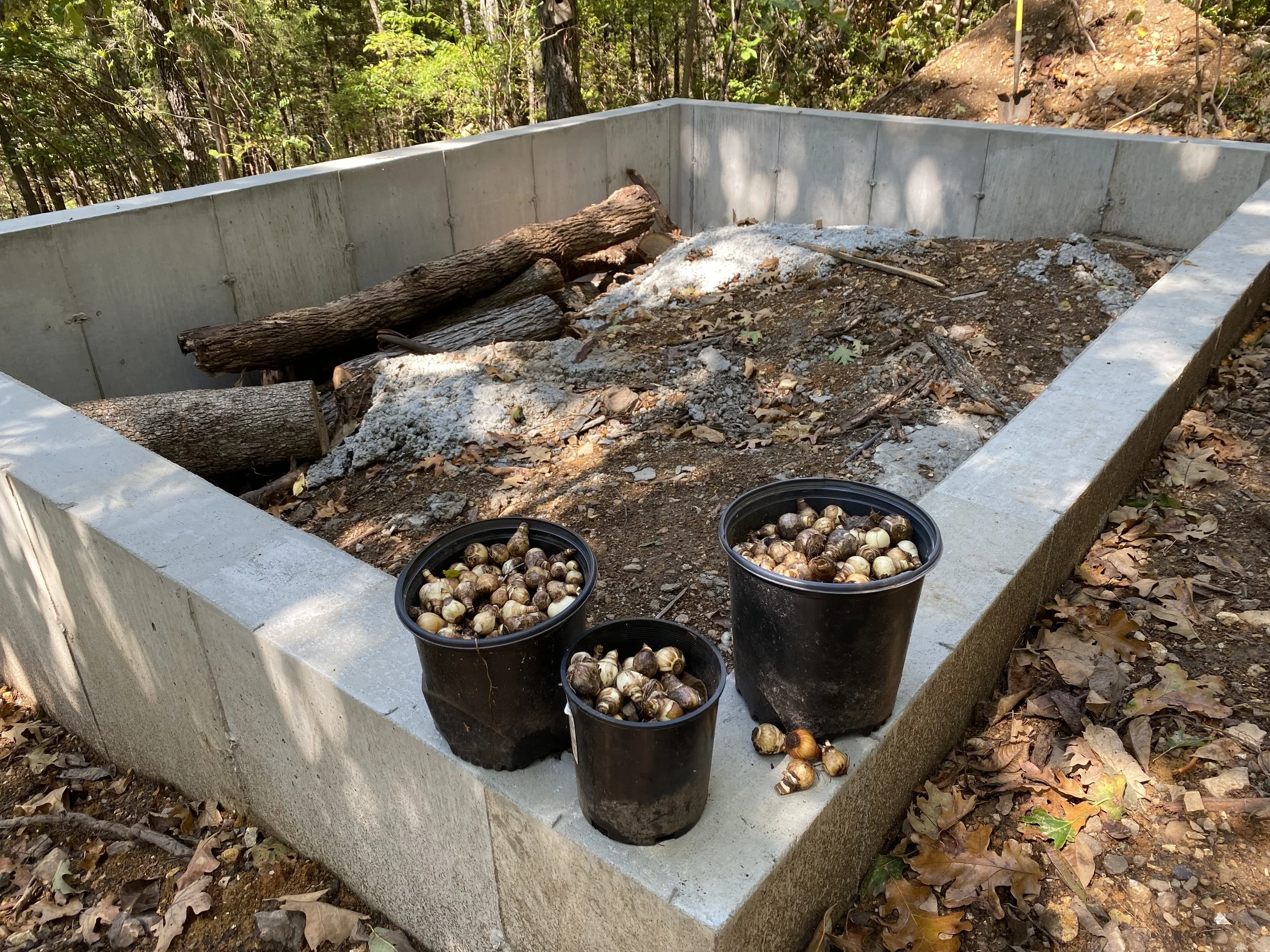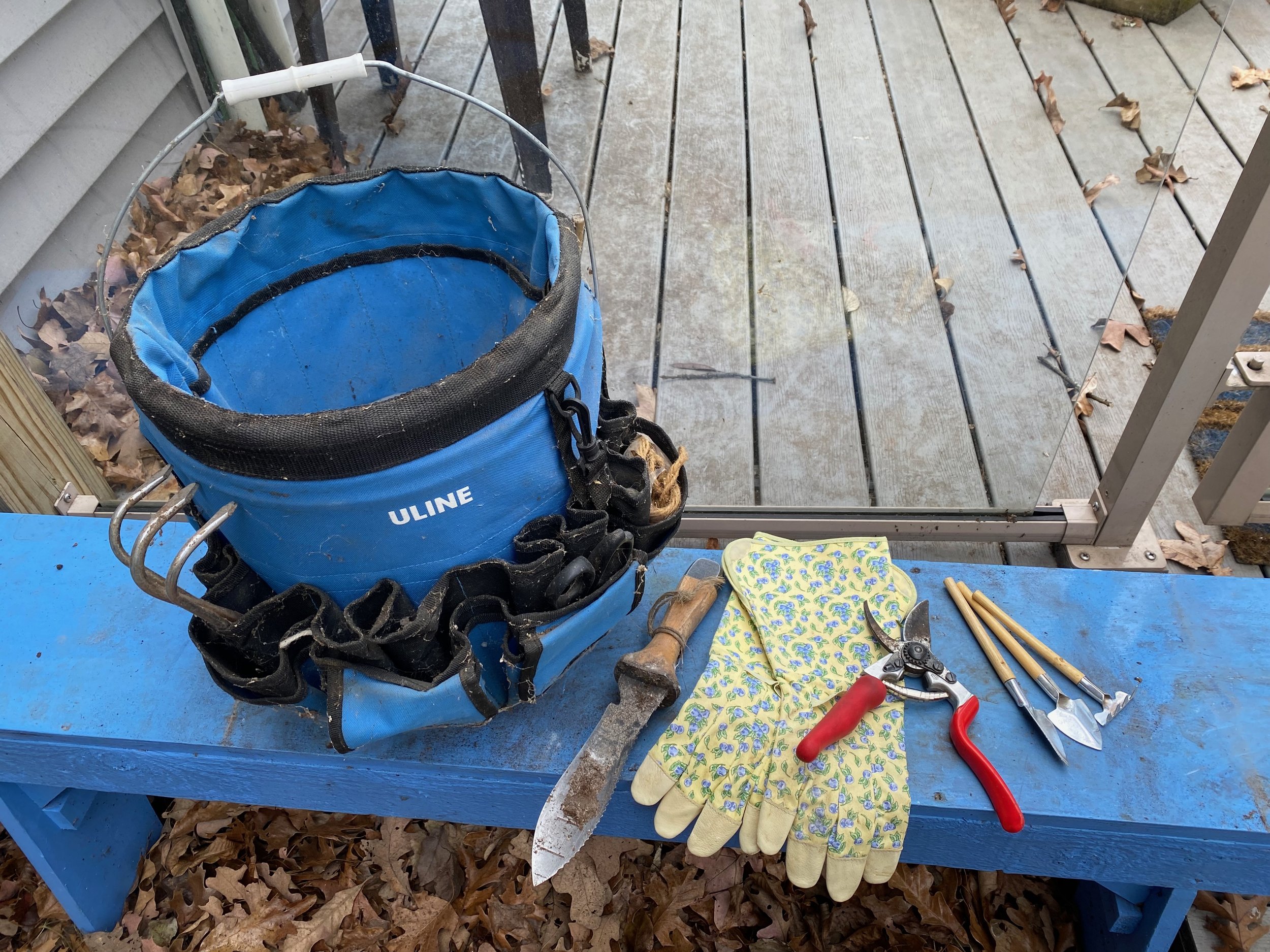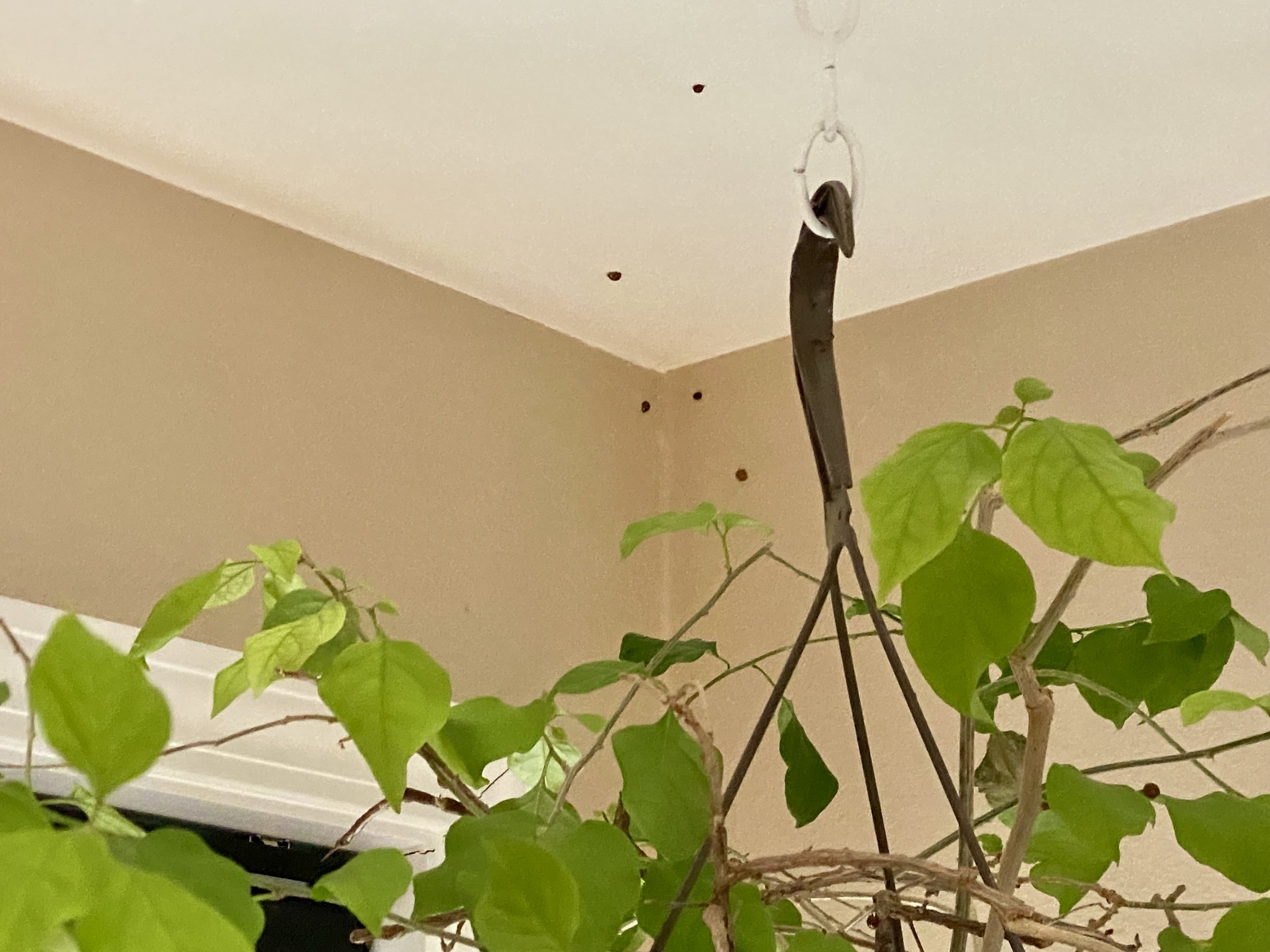Garden Mum Winter Pruning
/At the end of the growing season, mums fade and turn brown but there is still life. (Photo by Charlotte Ekker Wiggins)
“Charlotte, Do you prune your garden mums back in the fall or do you keep the dead tops on them all winter ?” - Lou
Garden Mum Winter Pruning
Hi Lou, I leave the dry tops on all winter to protect the new growth. Here are some examples.
This first chrysanthemum - mums for short - looks dead, doesn’t it. But the appearance of the top growth can be misleading.
Dried mum greenery helps to protect new growth below. (Photo by Charlotte Ekker Wiggins)
If you gently move the dead outside growth aside, you should see new growth developing at the bottom of the plant stems.
Mums can grow tall and leggy if not pinched back as they grow. Growers produce the rounded mounds we associate with these bug-repelling plants by pinching them during their growing season.
If left to their own growth rate, they can grow quite tall and fall over from the weight of their flowers.
I have a pair of thread snips I dedicate to keeping my mums pinched back. The thread snips make the process relatively easy, if I can remember to do it on a regular schedule.
If you move the dried tops apart, you can see the new growth. (Photo by Charlotte Ekker Wiggins)
Here’s another example. This chrysanthemum is just starting to die back. Spent flowers are turning brown but some of the pinched back stems are still showing green.
If this were spring, you could cut some of those green branches and insert them into soil to start new plants.
The greenery in this mum example is easier to believe it’s still alive.
A fading mum loosing its blooms with stems that are still green. (Photo by Charlotte Ekker Wiggins)
If you have a mum that is dying still in a pot, gently remove it from the pot. If the plant is still alive, you may see growth around the top and outer edges of the root ball.
You will find the new growth in the same spot as the mum that looked dead, in the center bottom.
The new growth is found at the base of the branches. (Photo by Charlotte Ekker Wiggins)
The new growth needs a little pampering during its first winter. If there isn’t precipitation, it’s a good idea to take a gallon of water out once a month or so and watering the mums. That new growth can use the moisture to keep the tiny roots alive through cold weather.
I also don’t remove the spent blooms or dead branches. Those help protect the new growth until spring, when the mum can then continue to grow and returns every year for years to come.
This honey-colored mum is probably my all time favorite mum color. I’ve had these mums in my retaining all garden beds for 3 years now, planted along the corners of the flower beds so they can be enjoyed as I walk up and down the steps.
The first year I added them I made sure to water them through winter to make sure they got established. Now that they are settled in, I try to remember to pinch them back in spring from May-July to keep their growth short.
As you can see, I didn’t do a very good job with this bunch. Frankly I wasn’t too upset with myself, the longer stems make for better cut flowers.
Lambs ears, left, keep my honey-colored mums company in the fall. (Photo by Charlotte Ekker Wiggins0
Mums are a wonderfully, long-lived cut flower. If you get bouquets from florists, you will note that they often use mums in the bouquet because they last so long.
Mums are also excellent additions to your garden and not just for the pop of color. Mums are a natural bug deterrent so they can help keep your garden bug free without the use of pesticides.
Back to the cut flower use, though. Who wouldn’t want to have long lasting flowers??




